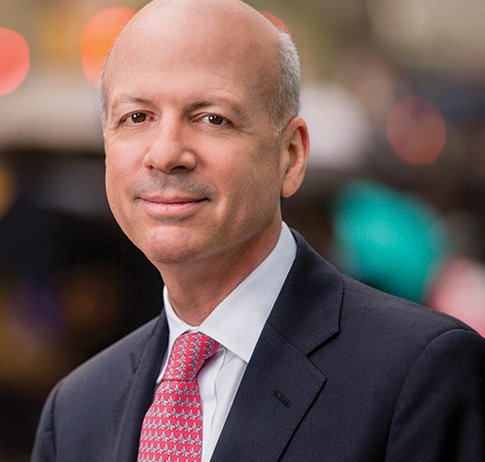On February 27, 2018, in the case of Merit Management Group LP v. FTI Consulting Inc., the U.S. Supreme Court held that the Section 546(e) safe harbor of the Bankruptcy Code did not protect transfers in which financial institutions served as mere conduits.
In the case, Valley View Downs, LP ("Valley View") agreed to purchase all of Bedford Downs' stock for $55 million. Valley View then arranged for Credit Suisse to wire the funds to Citizens Bank, as the third-party escrow agent, who then distributed the funds to the Bedford Downs' shareholders, including Merit Management Group LP ("Merit"). After Valley View ultimately filed for Chapter 11 bankruptcy protection, its litigation trustee sought to avoid the transfer from Valley View to the seller for the sale of Bedford Downs' stock arguing that it was constructively fraudulent under Section 548(a)(1)(B). Merit contended that the safe harbor provision prevented the litigation trustee from avoiding the transfer because it was a "settlement payment... made by or to (or for the benefit of)" two "financial institutions." The Court found that the only relevant transfer for purposes of the safe harbor provision was the overarching transfer from Valley View to Merit and that the transfers to the financial institutions as mere conduits should not be considered.
For more information, see here.

